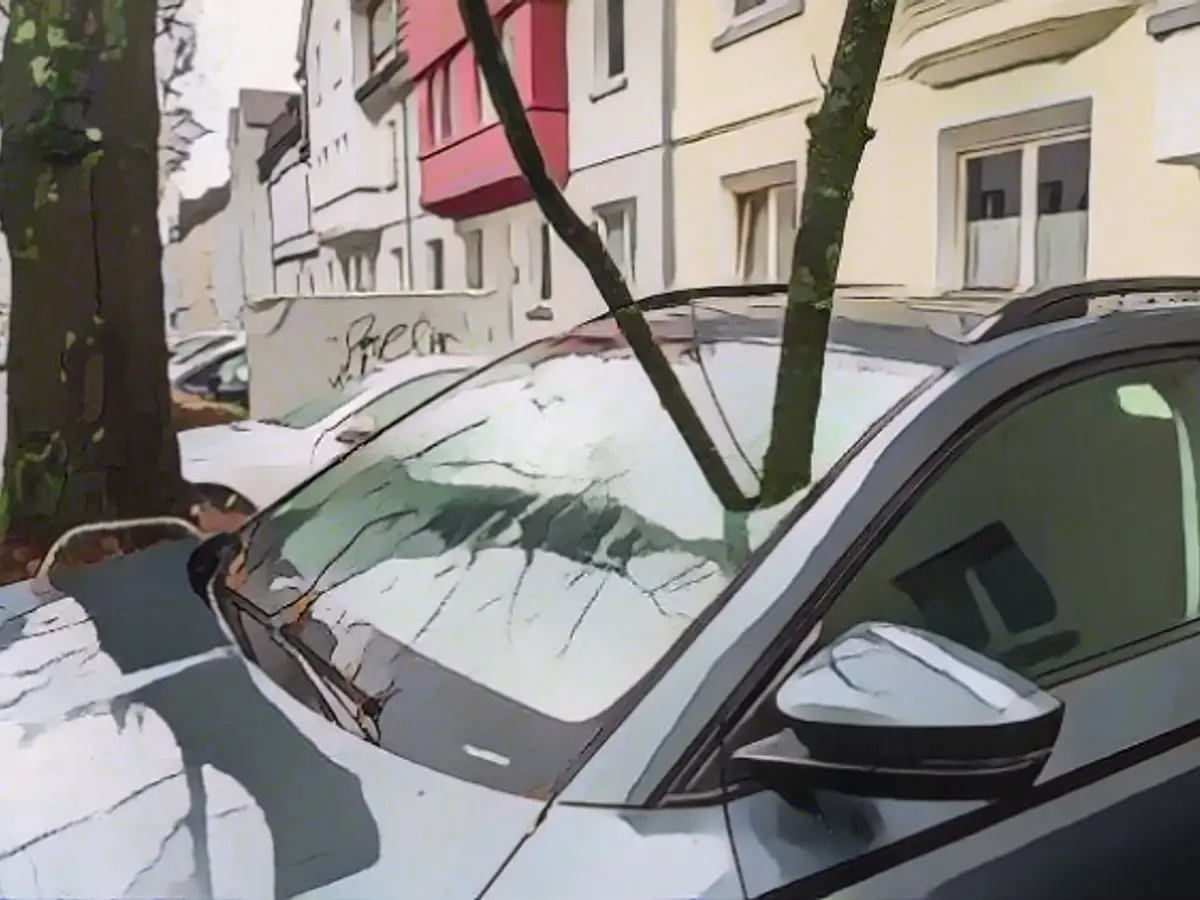How much households spend on insurance
With the new year, annual premiums are due for many policyholders. And these have risen by several hundred euros on average in recent years. On the insurer side, extreme weather is causing high costs.
Private households in Germany are spending significantly more money on insurance than they did a few years ago. In 2022, they paid an average of 1596 euros for this, according to the Federal Statistical Office. This is almost 39% more than in 2012, when they spent €1152. Insurance expenses are particularly noticeable for many households at the beginning of the year, when annual premiums are often due.
"Private property and accident insurance, such as liability, household contents and occupational disability insurance, accounted for the largest share," explained the statisticians. Households spent 600 euros, or 38 percent, on these in 2022. To insure their motor vehicles, they paid an average of 468 euros or 29% pro rata.
They paid an average of around 288 euros (18%) for voluntary contributions to company pension schemes. For additional private health and long-term care insurance - such as daily hospital benefits - they paid 240 euros (15 percent). The insurance policies listed here do not include social security contributions or expenditure in connection with the accumulation of financial assets such as private life insurance.
Insurers recently complained about high costs due to natural disasters. Hail, storms and floods cost providers in Germany almost five billion euros in 2023. The German Insurance Association (GDV) put the insured losses at around 4.9 billion euros, 900 million more than in the previous year. "Unfortunately, they are therefore fairly stable at the high level of the long-term average," said GDV Managing Director Jörg Asmussen. Property insurers have to pay the largest share of the loss - 3.6 billion euros. However, with 465,000 claims amounting to 1.3 billion euros, the motor insurers' balance sheet was worse than average - mainly due to the frequent hailstorms in the summer.
Read also:
- Why there is still no EU funding for green Saar steel
- 3 billion Saar Fund is unconstitutional
- Lack of snow also opens up new opportunities for winter tourism
- Abrupt end to e-car subsidies
The rising insurance premiums in Germany can be partly attributed to the high costs incurred by insurers due to extreme weather events. Consequently, the insurance industry is urging for more financial support to mitigate these losses.
Source: www.ntv.de








